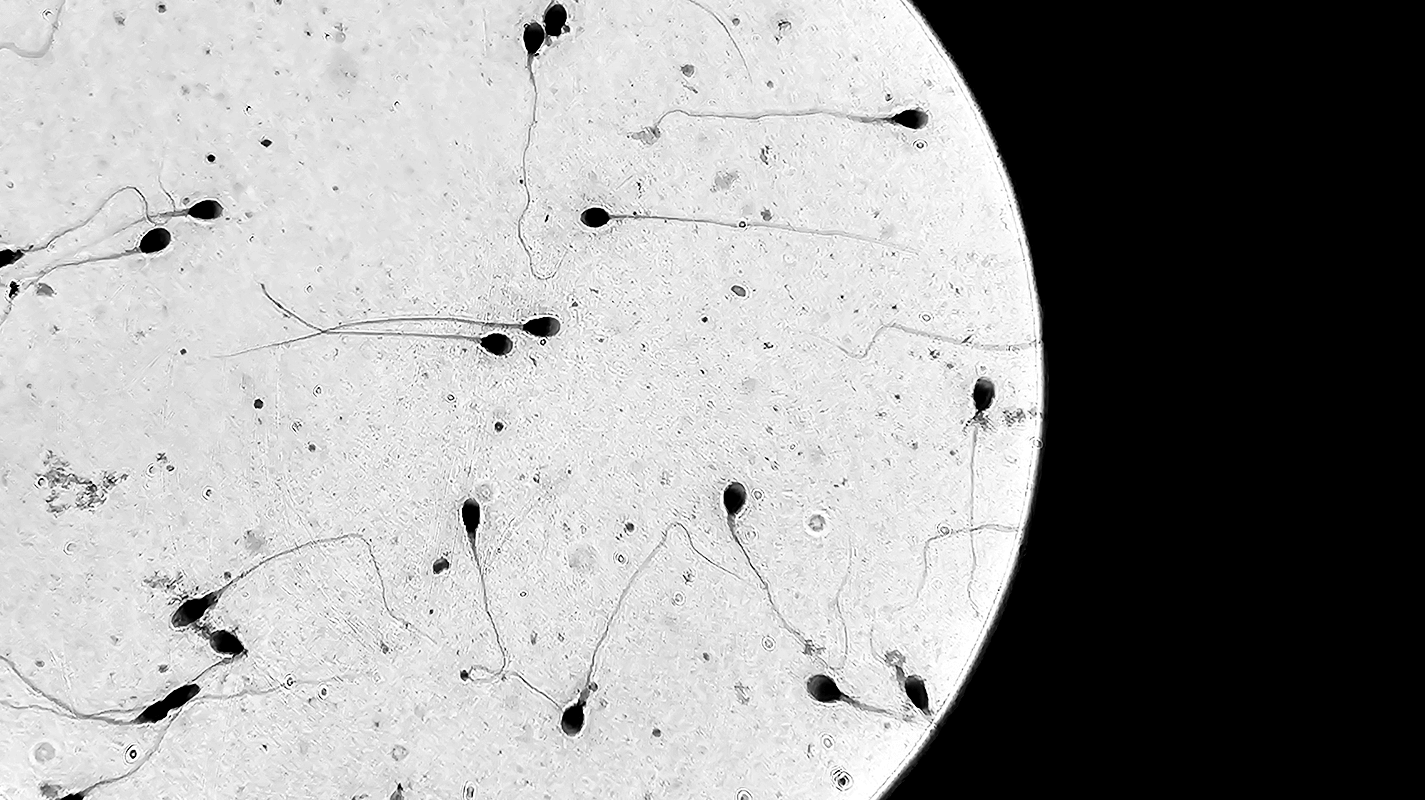How to Prepare for a Fertility Treatment: A Step-by-Step Comprehensive Guide

In Mexico, more and more people come to their first appointment with more information than was typical in the past. In fact, according to the Mexican Teacher’s Cohort study in 2022, 63.7% of women who faced infertility sought medical care, and almost 68% underwent some form of treatment. This tells us that awareness is growing, people are asking more questions, and there's a stronger desire to make informed decisions about reproductive health.
At Fertilidad Integral, we deeply value that you want to understand your options and know where you stand. That’s why we support every process with clear, transparent, and personalized information. We also offer in-person and virtual consultations to answer any questions you may have before beginning treatment.
Step 1: Choose a Specialist in Assisted Reproduction
Before starting treatment, it’s important to consult a certified specialist. Make sure your doctor has:
1.- A valid medical license
2.- A subspecialty in Human Reproductive Biology
3.- Clinical experience in fertility treatments
No worries—if you’ve already seen a specialist and want a second opinion, that’s completely valid. Remember… it’s part of the journey.
Meet our medical team to explore your options.
Step 2: Gather Your Previous Test Results
Having previous test results on hand—especially if you have a medical history or known conditions—will help your specialist understand your starting point.
Here are some tests we usually request in the first phase:
For women:
- Complete hormonal profile: Measures key hormones like follicle-stimulating hormone (FSH), luteinizing hormone (LH), prolactin, and thyroid-stimulating hormone (TSH) to assess ovarian function.
- Transvaginal ultrasound: Allows us to examine your ovaries, uterus, and antral follicle count.
- Transvaginal cultures: Detect possible infections that may interfere with treatment or pregnancy.
- Thyroid and Vitamin D tests: Both directly impact fertility.
- Anti-Müllerian Hormone (AMH) test: Helps us determine if your ovarian reserve is low or within a normal range.
- Serologies: We screen you and your partner for infections (such as syphilis, HIV, rubella, hepatitis, etc.) that could affect pregnancy.
For men:
- Semen analysis: Evaluates sperm count, motility, and morphology.
- Sperm DNA fragmentation test: Assesses sperm’s genetic integrity.
- Genetic tests: If there are known risks or more in-depth evaluation is needed.
- Serologies: As with women, we check for infections that could impact conception or pregnancy.
With this information, we design a personalized plan to begin your assisted reproduction treatment.
Step 3: Start Taking Care of Your Body
At Fertilidad Integral, we believe taking care of your body is not only part of the treatment but a form of self-love as you begin this journey. During this stage, our specialists share the following advice:
1. Get good sleep
Sleep regulates your hormone cycles. Getting 7–8 hours consistently helps maintain melatonin and cortisol levels in balance, which directly influences reproductive health. Yes—melatonin plays a role in fertility, too.
2. Eat a balanced diet
This isn’t about strict diets, but giving your body what it needs to be strong, receptive, and in harmony. Healthy fats, antioxidants, iron, and fresh foods are your best allies. Avoiding ultra-processed foods, artificial sweeteners, trans fats, and preservatives is also important—they can disrupt your hormones and affect ovulation.
3. Move with love
Exercise is a powerful tool—but like everything, it needs balance. Intense workouts or low body weight can impact ovulation. Instead, we suggest movement that feels right for you: walking, yoga, swimming, or any activity that connects your body and mind.
What Supplements and Vitamins Help—and Why?
Here are some supplements our specialists often recommend and how they can help at this stage:
- Folic acid and multivitamins: Essential for supporting ovulation.
- Vitamin D: Regulates ovarian function and improves uterine environment.
- Coenzyme Q10: A powerful antioxidant that may enhance egg and sperm quality.
- Omega-3 DHA and EPA: Help regulate reproductive hormones, reduce inflammation, and improve egg and sperm quality.
- Zinc and selenium: Strengthen reproductive function.
- Probiotics: Support digestive and hormonal balance.
Remember: Supplements do not replace a medical diagnosis. At Fertilidad Integral, we assess your history, tests, and actual needs before recommending anything.
Reducing Stress Is Also Part of Preparing
Chronic stress raises cortisol levels, a hormone that interferes with ovulation, affects sperm quality, and disrupts other key processes. That’s why, at Fertilidad Integral, we see stress reduction as part of the treatment—and we offer wellness services throughout the journey.
How Do We Support Your Holistic Wellbeing?
- Nutrition: We design a personalized nutrition plan that boosts fertility, with fresh foods, antioxidants, good fats, and hormonal adjustments.
- Psychological therapy: The journey to parenthood can be emotionally intense. Our team offers support with empathy, tools, and professional care.
- Therapeutic massages: Relax the body, balance emotions, and lower cortisol—creating an internal environment more receptive to conception.
- Acupuncture: Based on Traditional Chinese Medicine, it improves blood flow, regulates hormones, and reduces stress.
What Services Do We Offer at Fertilidad Integral?
Timed intercourse
A simple treatment often used as a first step when pregnancy isn’t achieved naturally. It involves synchronizing your fertile days with scheduled intercourse.
It’s recommended for people with irregular ovulation or mild infertility and has a success rate of approximately 15%.
If you want to get pregnant…
Intrauterine Insemination (IUI)
A low-complexity treatment where sperm is placed directly into the uterus during your most fertile days.
Ideal for couples with mild infertility (1–3 years), single women who want to become mothers, or same-sex couples using donor sperm.
Success rate: 30% per cycle, depending on age and other factors.
A high-complexity treatment where fertilization occurs in the lab. The embryo is then transferred to the uterus.
Recommended for cases of low ovarian reserve, advanced age, blocked fallopian tubes, endometriosis, or after multiple failed attempts.
It’s one of the most successful methods—with up to 70% success rate.
If you want to preserve your fertility…
Allows you to preserve your eggs at their best quality—while they’re still young and fertile—for future use.
Ideal for those who want to delay motherhood without closing the door and also recommended for patients undergoing cancer treatments (chemotherapy or radiation) that may affect ovarian reserve.
After IVF, viable embryos can be stored for future attempts without repeating the entire treatment. It’s also useful for planning more than one pregnancy.
Preserves sperm in optimal condition. Recommended for people undergoing medical treatments, postponing fatherhood, or beginning gender transition treatments.
What’s the Best Treatment for You?
It depends on your diagnosis and medical history. At Fertilidad Integral, we always provide comprehensive, personalized care.
Note: It’s essential to know the success rate of each treatment beforehand so you can understand your chances and make informed decisions.
Ready to Begin This Fertile Journey?
At Fertilidad Integral, we care not just about your reproductive health, but your emotional and physical well-being, too.
Book your personalized consultation today at fertilidad.com and take your first step with clarity, support, and professional guidance.
Click here to book your consultation with one of our specialists
References
Farland, L. V., Khan, S. M., Missmer, S. A., Stern, D., & Lajous, M., et al. (2022). Accessing medical care for infertility: A study of women in Mexico. Mexican Teachers’ Cohort. Fertility Research and Practice, 10, Article 15. https://doi.org/10.1016/j.xfre.2022.11.013







